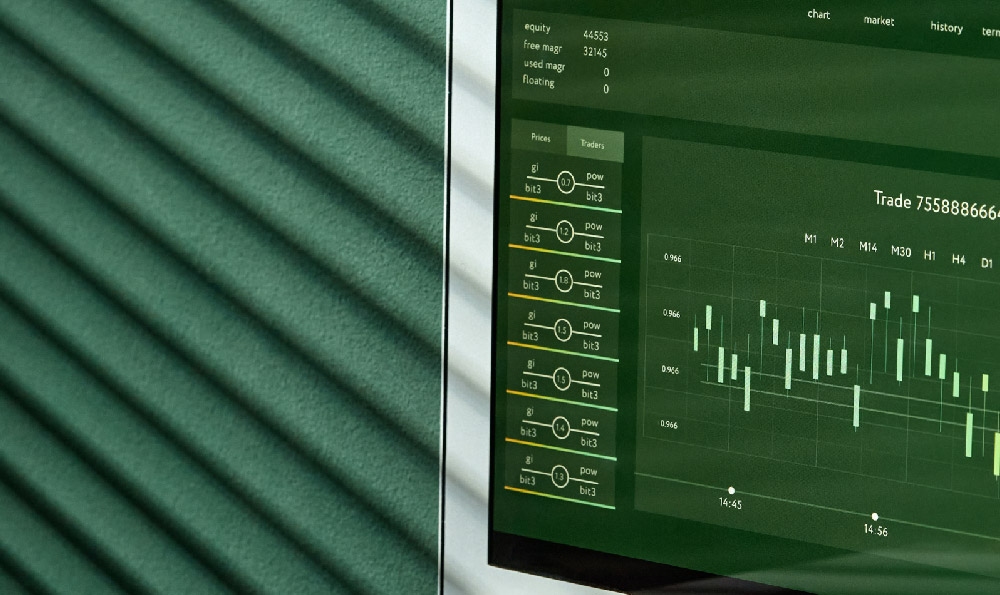Can You Get Unemployment Benefits While Working Part Time?
Unemployment benefits have long been a critical component of financial safety nets for individuals who lose their jobs, offering temporary income support during periods of unemployment. However, a common question arises for those who are balancing part-time work with the possibility of qualifying for these benefits: can one simultaneously receive unemployment assistance while maintaining a part-time job? The answer to this query is not universally straightforward and often hinges on a combination of personal circumstances, local labor laws, and the specific regulations governing unemployment programs. Understanding the nuances of this interaction requires a deeper examination of eligibility criteria, how benefits are structured, and the potential for benefit reductions based on income levels.
To begin, the core principle of unemployment benefits is that they are intended to support individuals who are unemployed or underemployed. In most jurisdictions, recipients are required to actively seek employment and remain available for work, which raises the question of how part-time work fits into this framework. If an individual is working part-time, their income may influence their eligibility status. In some cases, part-time employment—whether as a primary or secondary job—might disqualify someone from receiving full unemployment benefits, while in others, it could allow them to maintain partial benefits depending on the amount of income earned. For instance, in the United States, the state unemployment programs typically require individuals to be “unemployed” to qualify for benefits. If someone is working even a few hours per week, they may no longer meet the criteria for receiving these payments. This contrasts with countries like the United Kingdom, where the rules allow for temporary work while receiving unemployment benefits, provided that the individual is not exceeding a certain income threshold or working full-time.

Another key consideration is the definition of “employment” in the context of benefit eligibility. In many places, the mere act of working, regardless of the number of hours, may disqualify someone from the benefits. For example, if a person is employed part-time and also receives unemployment assistance, their income might be considered “earned income,” which could lead to a reduction in their benefit amount. This applies to self-employed individuals as well, who need to report income and may face stricter scrutiny. In contrast, some regions allow individuals to work part-time under specific conditions, such as limited hours or low wages. It is essential for applicants to understand their local laws and how they interpret part-time employment in relation to benefit eligibility.
The complexity of this issue is further amplified by the fact that different unemployment programs may have varying rules. In certain areas, part-time work is accepted as a form of “employment engagement,” allowing recipients to continue receiving benefits while working a limited number of hours. However, this often depends on the state’s policies and the individual’s employment history. For example, if someone has been employed part-time for several months and then qualifies for unemployment benefits after losing their job, their situation may be treated differently. In contrast, if they are working part-time alongside a full-time job, they may not be eligible for benefits at all. This variability highlights the importance of consulting official resources or a financial advisor to navigate the specifics of one’s situation.
Additionally, the impact of part-time work on benefits can be influenced by the nature of the job itself. If an individual is working in a different field than their previous employment, they may face limitations or be required to distinguish between part-time and full-time work. For instance, some regions may disqualify someone if their part-time job falls within the same industry or is considered a primary employment, even if the hours are minimal. This raises questions about how much work is considered “eligible” and whether part-time jobs can be seen as auxiliary or temporary. In some cases, individuals may need to report their part-time work as a “subsidiary job” to remain eligible for unemployment benefits.
The potential for benefit reductions or loss is another critical factor. In many regions, if an individual’s part-time income exceeds a specified limit, they may lose the right to receive benefits altogether. For example, if a person earns more than $300 per week through part-time employment, they might be required to stop receiving unemployment benefits in certain states. This has led to debates about the fairness of such policies, as some argue that part-time work should not automatically disqualify individuals from financial support. On the other hand, others believe that these rules are necessary to ensure the integrity of unemployment programs.
The question of part-time work and unemployment benefits is not limited to a single country or region. In the European Union, for instance, the rules are often more flexible, allowing individuals to maintain benefits even if they are working part-time. However, this can vary significantly between member states, with some imposing stricter conditions than others. Similarly, in developing countries, the availability of unemployment benefits is often tied to the existence of formal employment and may not extend to those working informally or part-time. These differences underscore the need for personalized guidance based on geographic location and employment status.
Ultimately, the ability to receive unemployment benefits while working part-time depends on a meticulous evaluation of individual circumstances, local jurisdictional rules, and the structure of the unemployment program in question. While some regions allow for limited flexibility, others treat any form of employment as a disqualifying factor. One approach to navigating this is to prioritize transparency in reporting income and employment status. For instance, if an individual is working part-time, they may need to disclose this to their unemployment office to avoid future complications. Additionally, staying informed about policy updates and consulting with experts can provide valuable insights into how to optimize one’s financial situation during periods of employment transition.
In conclusion, the interaction between part-time work and unemployment benefits is a multifaceted issue that demands careful consideration. Individuals must evaluate their work status, eligibility criteria, and the specific rules of their chosen region to make informed decisions. While some jurisdictions allow for limited flexibility, others may require complete disengagement from employment to qualify for benefits. By understanding these dynamics and taking proactive steps, individuals can better navigate the complexities of their financial situation during times of uncertainty.












